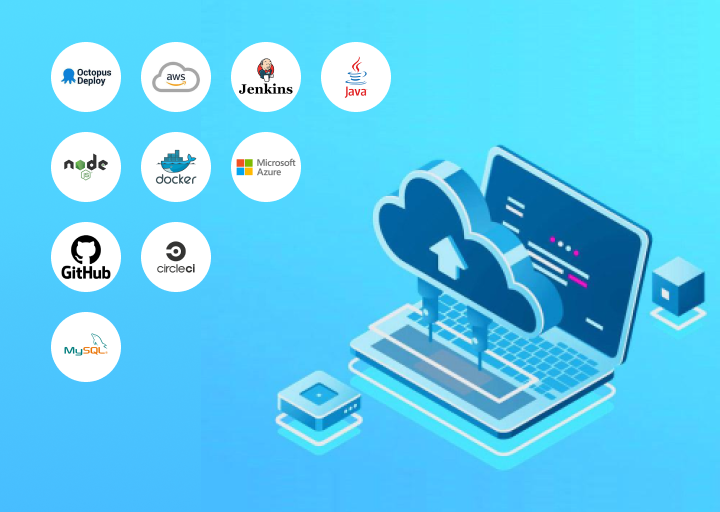Cloud native technologies—with their flexible, modular microservice frameworks—rapidly create transformative digital advancements that provide sought-after customer features and operational value improvements. However, there’s an alarming industry-wide deficit of proficient software development and operations talent. The intricacy of cloud native development is further aggravating this issue, and the solution isn’t simply to increase hiring.

Cloud Native Innovation Hindered by Lack of Skills
Even executives with minimal technical knowledge are now grasping the fundamental advantages of cloud native software. They understand its relationship with Kubernetes deploying containers to make applications more modular and exploit the scalability of cloud infrastructures.
However, the reality is more complex. The cloud native environment is teeming with open-source projects for configuration, networking, security, data handling, and service mesh – each at different stages of maturity. Also, countless vendors are offering their development, management and support tools on this ever-evolving cloud native (CN) foundation.
The developer’s learning journey is steep and unending, as this year’s technology stack could be obsolete by next year. Even outsourcing is difficult as the handfuls of consultants with genuine cloud native development competence are overcommitted and costly.
The only viable way to grow is to cultivate cloud native development expertise and competencies from within the organization, stay abreast of the evolution of the field, and maintain a close eye on the vendor and end-user communities.
While the market demand for digital services continues to surge, IT budgets are often cut, despite the responsibility of managing and scaling extensive technology.
Smaller, efficient teams are expected to produce double the output with fewer people. The necessity for specialized skills only escalates as concepts like event-driven architecture, Data Lake houses, real-time analytics, and zero-trust security policies become mandatory production-grade requirements.
Significance of Platform Engineering
Irrespective of their target environment, developers spend most of their time coding within an Integrated Development Environment (IDE). Vendors have tried numerous tactics such as low-code tools to process toolkits to lower the skills threshold, but this doesn’t simplify the pipelines.
The complexity of open-source tools, third party service APIs, and code being cobbled together from GitOps-style repositories is pushing cloud native development teams toward a new platform engineering approach.
Platform engineering practices aim to create shared resources for development environments, promoting code, component, and configuration reuse.
Common platform engineering environments can be depicted within a self-service internal development portal or an external partner marketplace, often accompanied by a support team that curates and reviews all elements in the platform.
It’s crucial to control the platform’s self-service policies for access permissions, code, logic, data, and automation at the optimal level of control for the business it supports. Over-flexibility can create overhead, while over-rigidity can slow down solution delivery and limit the innovative freedom of developers.
A contemporary approach to cloud native platform engineering can incorporate the principles of governance, consistency, and reuse.
Accelerated Innovation through Infrastructure Abstraction
Interestingly—or frustratingly—there’s no single ‘right’ way to execute cloud native. Even Kubernetes is just one abstraction of container orchestration and one option for going cloud native.
The Cloud Native Computing Foundation (CNCF), as an open-source movement, purposefully leaves future approaches open to community interpretation, without prescribing a particular language or specific infrastructure.
However, this freedom often results in resource-constrained development teams managing complex infrastructure and experimenting with integration options instead of building better functionality. This is where platform engineering practices come in. Deciding to establish a platform is a commitment to assist developers of diverse skill levels in abstracting the complexity of underlying cloud native architectures with interfaces and tools atop pre-configured environments. A platform engineering approach should provide user-friendliness, reduced manual labor, and decreased cognitive load.